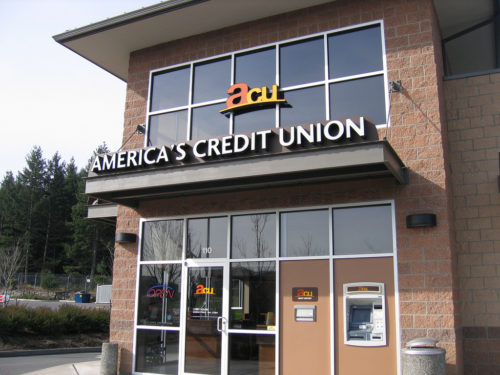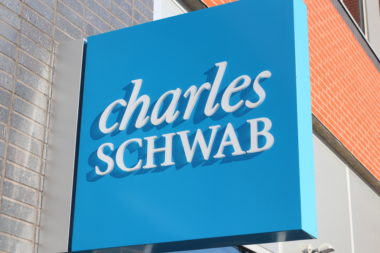Credit unions and banks accomplish the same goal: providing a secure place to store and manage your money. However, there are a few key differences between the two. Understanding those differences is the only way to determine which is best for you.
Table of Contents
Membership
The first major difference is membership. While anyone can apply to a bank, credit unions require membership. This may make choosing one more difficult. The exclusivity is often based on geographic location, your employer (who may have their own credit union), place of worship, school, labor union, or even homeowners’ association.
It is comparatively easier to open an account with a bank — and you can even apply online in some cases. Banks often require identification, a parent if you are under 18, and money to deposit into your new account. There may be exceptions for foreign citizens or applicants with low credit scores, but many banks are more or less willing to work with these challenges.
Interest Rates and Fees
Generally, credit unions have higher interest rates on accounts — such as checking accounts or money market accounts — and lower fees than banks. With the increased interest rate, you will be gaining more money passively — though this is still likely to not be very significant if you don’t keep much money in the bank.
What might be significant is the difference in fees. Credit unions tend to have no monthly banking fees, or fees for not meeting a required minimum balance in an account. Withdrawals, checks, and electronic banking are also usually fee-free. While credit unions do have fees for overdrafts and bounced checks, it’s often a smaller fee than bigger banks.
Convenience
Banks and credit unions have differing levels of convenience. For example, banks will have ATMs nationwide, but credit unions may only have local ATMs. To offset this, the latter may offer partnerships with other credit unions, allowing free use of their ATMs, or may pay the fees for a certain number of transactions per month. This might not be convenient if you travel often.
Credit unions tend to lag behind banks when it comes to technology. They have poor online services compared to banks. A credit union is less likely to have an app enabling mobile banking, or even an online site where you can transfer money and apply for a new credit card.
Products
Credit unions are smaller than national banks, and thus offer fewer products. Whereas a credit union may have a few types of accounts — such as checking or savings, mortgage, personal loans, and a few credit cards — a national chain, on the other hand, could offer upwards of 20 to 30 different credit cards, several more loans and investments plans, and multiple types of bank accounts.
Other than the obvious advantage of banks having more options, this may play out to mean better rewards, such as more cash back.
Insuring Your Money
While the Federal Deposit Insurance Corporation (FDIC) oversees federally insured banks, they do not regulate credit unions. Banks are also regulated by the Federal Reserve and the Office of the Comptroller of Currency. State regulators oversee state-chartered banks.
The National Credit Union Administration regulates credit unions at federal and state levels, and operates the National Credit Union Share Insurance Fund, which is the credit union counterpart to the FDIC.
Profits
Finally, while banks are for-profit, credit unions are nonprofits owned by their customers. Where your money may be used to help fund a loan to anyone using a national bank, chances are, in a credit union, the money will remain in your community. Some of your money will go towards another member’s loan.
Banks have a traditional ownership structure, with shareholders. Their voting rights correlate to the number and type of shares they own in the bank, which is essentially a company. They are typically paid for their service of being board members. Credit union members, on the other hand, each get a single vote regardless of what type of account they have, or how much money they have invested in the credit union. A credit union’s board usually consists of volunteers.
Which Is Better: Credit Unions or Banks?
This is a tricky question — banks and credit unions serve very similar purposes, but there is no one-size-fits-all solution. They offer different products, have their own levels of convenience, and serve unique geographic locations. The best option depends on what you are looking for and what you are prioritizing.
Image source: https://www.flickr.com/





